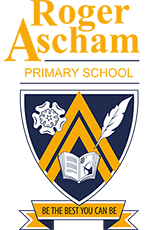History
Our history curriculum is designed to ignite children’s curiosity about the past in their own environment, in Britain and in the wider world. Their learning about the past will influence their personal choices, attitudes and values. It will provide a context for their own growing sense of identity and will help them to understand how the world around them came to be the way it is today.
Historians at Roger Ascham select areas to investigate; ask questions; evaluate evidence; imagine; collaborate; challenge their own and others’ assumptions; and make connections. They study cause and consequence and continuity and change through a combination of in-depth studies and broad overviews of time. They develop a concept of a chronological framework within which they can place their knowledge of people and events.
Children at Roger Ascham learn that historical events can be interpreted in different ways. Through critical evaluation of sources, they consider what they do not know as well as what they do know and how they know it. An understanding of bias and consideration of the nature of knowledge and inference are essential to learning history and also to learning how to learn. They exercise choice over how they will present and communicate what they have learned.
By the time children leave Roger Ascham, we want them to understand that the past is gone and history is constructed and contested. They will see the connections and differences between different themes in history, for example, how the Romans and the British government in WW2 both used propaganda. As Mark Twain is reported to have said, ‘History doesn't repeat itself but it rhymes.’ Children at Roger Ascham will be able to construct arguments and question human motivation and society with skill and confidence.
EYFS Learning Journey
The Immediate Past
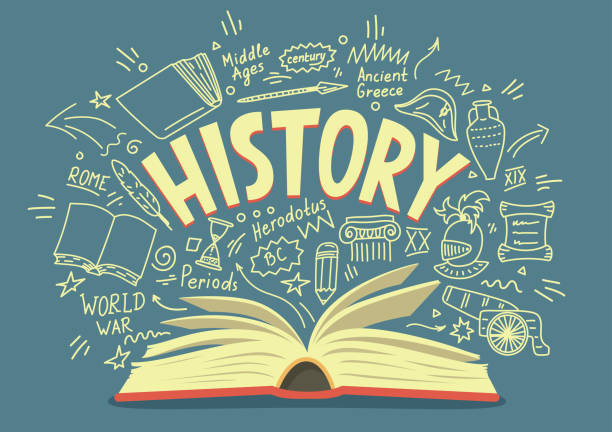
We look on a daily basis at what has already happened (our immediate past) and begin to understand that what has already happened is history. This might be shown on a visual calendar eg. birthdays and other significant events will be highlighted.
Family History
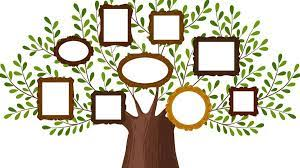
We begin to make sense of our own family history. Children will begin to explore their own life stories by looking at events that happened before they were born. They might also try to organise events within their life time, knowing what has happened before. Visual timelines may be used to explain this concept.
Historical Figures
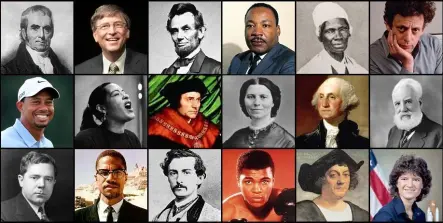
Topical events such as the King’s Coronation will be taught and explored along with people from the past – kings, queens and other historical figures. Children will be encouraged to find out about who they were, what they did and how life was different for them.
The Past

Children explore the past through other curriculum areas, eg. when they learn about significant religious events such as Christmas. They know Christians believe that these events happened 2000 years ago and that life was different then, eg. transport. Children are encouraged to compare today with life long ago (or before today).
Years 1 & 2 Learning Journey
Year 1
Florence Nightingale and Mary Seacole
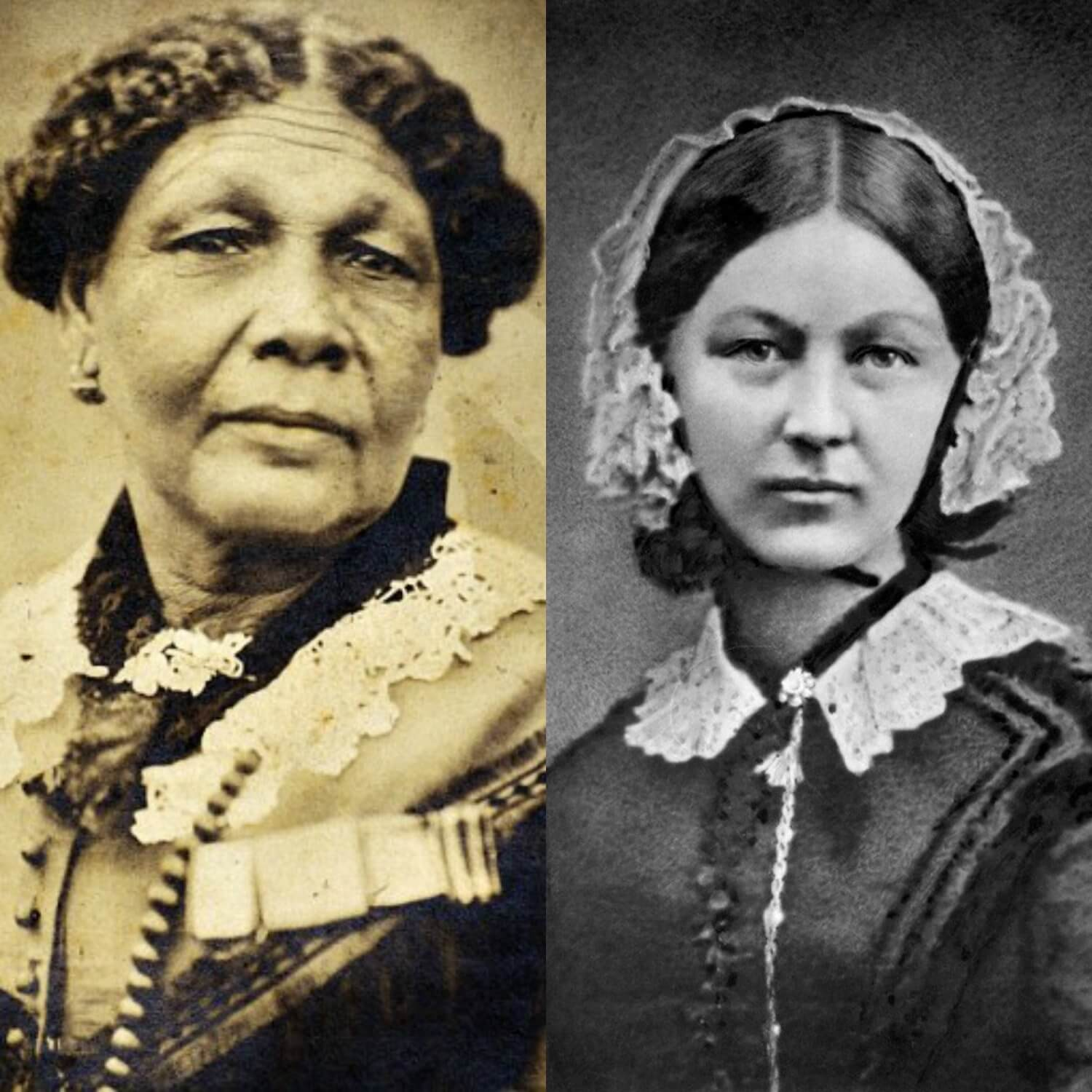
In this topic the children will learn all about Florence Nightingale and Mary Seacole. They will use simple information texts and biographies to find out about the Crimean War. They will plan, write and edit their own non-chronological reports. They will learn how to write simple job adverts as well as informal letters.
Toys Through Time
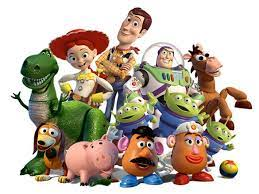
Here we will learn about popular toys through the 20th century and the early 21st century. We will think about our favourite toy from today before moving on to look at toys which were popular when our parents and grandparents were children. The children will develop a range of historical skills such as: asking and answering questions, identifying and interpreting different sources and recognising change and exploring how this influences them today.
Year 2
Flight
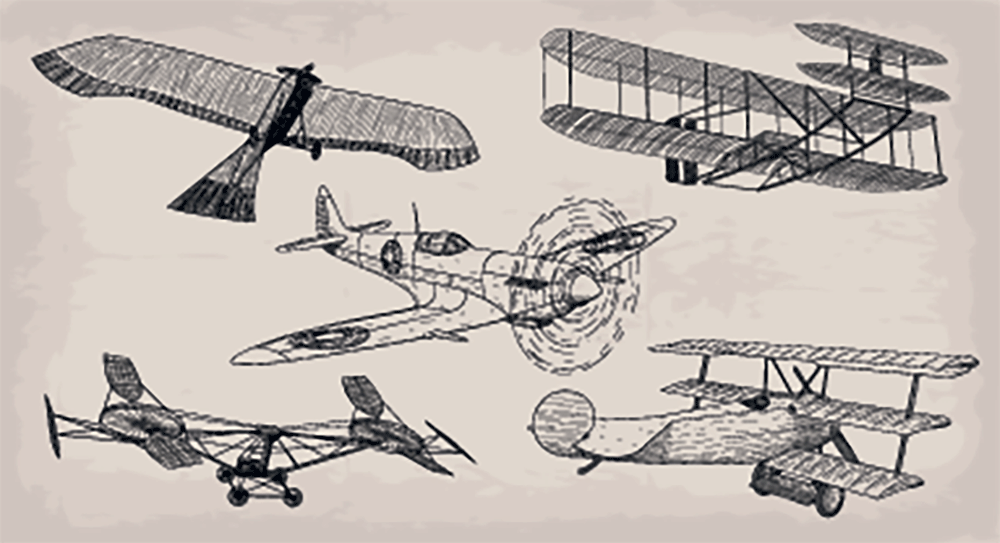
Here we will learn about how flight has changed and developed over time. We will focus on key people, including Amy Johnson, Amelia Earhart, The Wright Brothers and Neil Armstrong.
The Great Fire of London
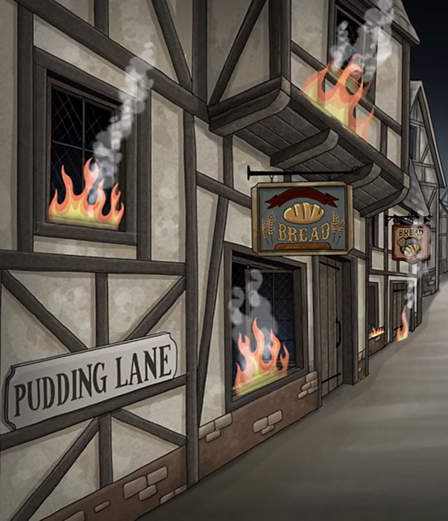
In this topic, we will learn about the cause of the Great Fire of London and what actually happened during the Great Fire and how can we know for sure 350 years later. We also learn about key people during this time including Samuel Pepys and Sir Christopher Wren.
Years 3 & 4 Learning Journey
Year 3
Stone Age to Iron Age
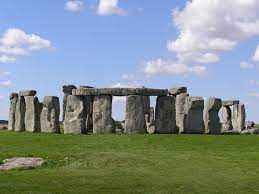
Here we will focus on the key changes in how people lived over 1000 years before the Romans arrived. We will also gather evidence from historic landmarks such as Stonehenge.
Invaders Through Time
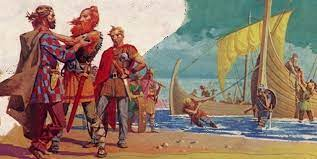
In this topic, we will learn how the Roman empire brought massive changes to Britain many of which we can see around us today.
Year 4
Ancient Egypt
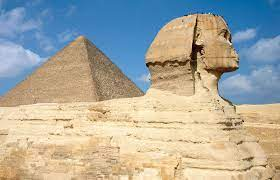
In this topic, we will learn in depth about the achievements of this ancient civilisation. We will learn about how and where the ancient Egyptians lived, what was important to the daily lives of ancient Egyptians, who Tutankhamun was and how mummies were made. The children will also learn about how Egyptian people used hieroglyphics to communicate and compare the powers of different gods.
The Second World War
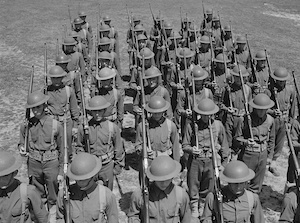
Here children will understand the chronological order and significance of events in World War II. They will explore what it would have felt like to live in Britain during the war with reference to evacuation, rationing and propaganda.
Years 5 & 6 Learning Journey
Year 5
Ancient Greece
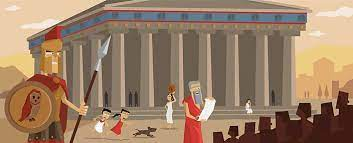
In this topic, children will gain an understanding of where and when some key events during the ancient Greek period took place. They will explore what is meant by the terms ‘trade’, ‘civilisation’ and ‘empire’ and explore how, towards the end of the ancient Greek period, Alexander the Great grew an empire resulting in the Greek civilisation spreading more widely. When learning about daily life in ancient Greece, children will explore what life was like for different people who were enslaved during ancient Greek times. They will then independently research and feedback on different elements of daily life in ancient Greece. Children will also explore the differences between life in ancient Athens and ancient Sparta. They will learn about early democracy in Athens and take part in a debate about life in Athens and Sparta. Children will use ancient Greek pottery as a primary source to help them gather evidence about the ancient Greek Olympics and make comparisons between the ancient Games and the modern Olympics. In addition to this, children will learn about the beliefs of the ancient Greeks, producing fact files about the Greek gods. Children will sequence a simple story map of a version of the Trojan War and will explore historical evidence relating to the Trojan War.
Vikings
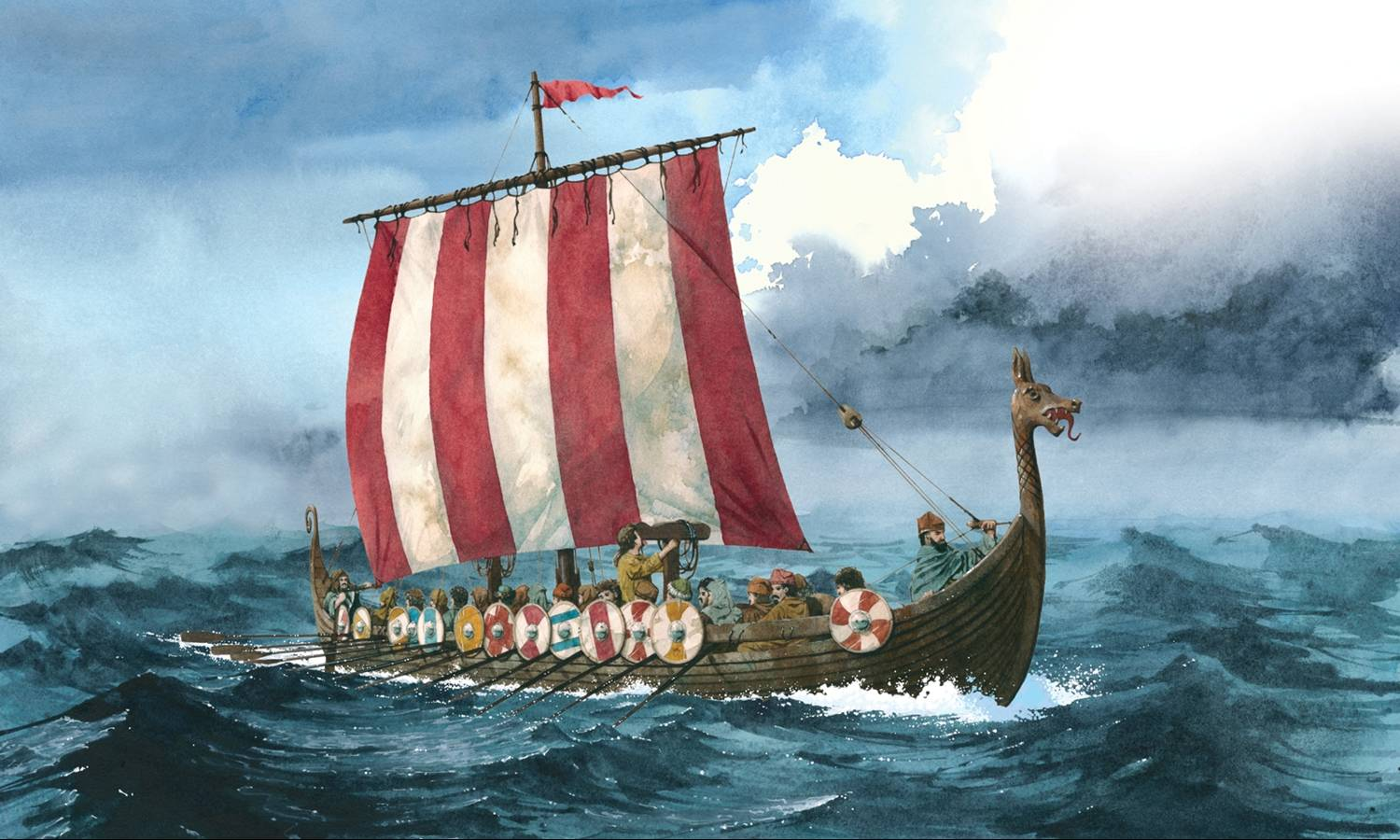
Here we will learn about the raids and invasions by Vikings in Anglo-Saxon Britain. The children will learn who the Vikings were as well as when and where they raided and settled. They will learn about significant events from the period and order these chronologically on a timeline. The children will find out about the Anglo-Saxon kings who ruled during the 'Viking Age' and examine their influence and significance in British history. The children will also have the opportunity to learn about different aspects of everyday Viking life. They will explore the types of houses that the Vikings lived in, what clothes they wore and even what types of food they ate.
Year 6
Crime and Punishment
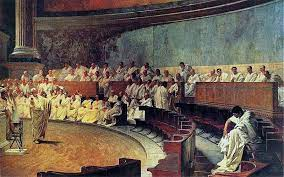
In this topic, we will develop our chronological knowledge of this aspect of social history. The children will find out about the legacy of the Roman justice system and crime and punishment through the Anglo-Saxon, Tudor and Victorian periods. We will also spend time reflecting upon and evaluating what we have learnt, as well as comparing modern day crime prevention and detection methods with those from the past.
Mayan Civilisation
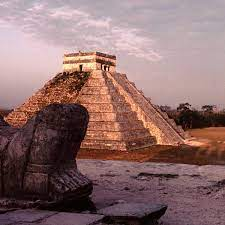
In this topic, we will start by exploring the reasons why the Maya topic is on the curriculum. Pupils learn how the Mayan civilization grew so strong when the odds against it were so huge. They then devote most time to exploring the characteristics features of the Mayan society and comparing it with the state of Britain at the same time i.e. about AD1100. To help pupils develop the use of evidence, they are asked to work out how we can be so sure about what life was like for the Maya a thousand years ago. The topic concludes with an open-ended enquiry which challenges pupils to work collaboratively to create their own plausible answer to the riddle of why the Mayan civilization came to such an abrupt end.
